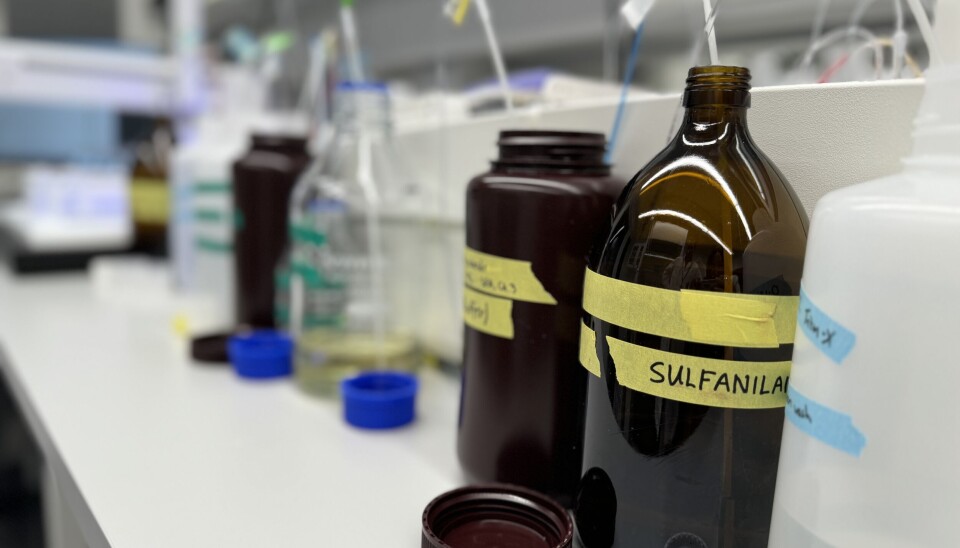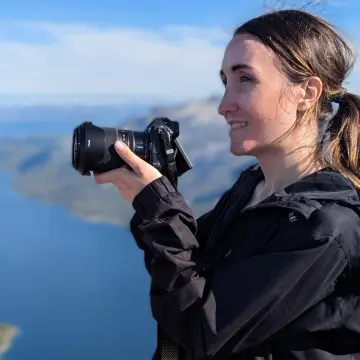
FSB tightens control over Russian science
Researchers will have to get permission from the Federal Security Service (FSB) for international cooperation projects.
Total control
The Russian government is drafting new legislation that will set new rules for international scientific cooperation. According to the bill recently approved by the Ministry of Education and Science of Russia, scientists will be able to collaborate with foreign researchers only with the official consent of the Federal Security Service (FSB), Vedomosti newspaper reports, citing two sources close to the government.
According to the bill, the FSB must be informed of any kind of cooperation or contact that Russian scientists have with colleagues abroad. This includes all kinds of agreements, experiments, research, payments, meetings, etc.
Vedomosti quotes a comment on the legislation made by the Russian Academy of Sciences, which said the new law "fulfills the task of promoting national interests and the achievements of national science in the international arena." The new legislation has also been supported by the Kurchatov Institute - Russia's leading research and development institution in the field of nuclear energy, Vedomosti reports.
According to the new rules, 1 December 2025 is the deadline for research centres and universities to inform the FSB of any kind of cooperation with foreigners if the cooperation continues after that date.
The FSB's involvement in scientific control is nothing new. However, the new legislation puts the control on a more official level.
State treason cases
In recent years, the number of researchers imprisoned in Russia on charges of "state treason" has increased.
In 2016, 77-year-old Dr. Vladimir Lapygin was sentenced to 7 years in prison for "passing secret information on the aerodynamic characteristics of hypersonic aircraft to China".
The number of prosecutions intensified after Vladimir Putin gave a speech in 2018 dedicated to Russia's development of hypersonic weapons, the BBC Russian Service highlights. According to the journalists, the FSB has imprisoned more than a dozen Russian scientists in the last 6 years.
In September 2022, physicist Alexander Shiplyuk was sentenced to 15 years in prison for "state treason". Shiplyuk was in charge of the "Hypersonic Technologies" laboratory and was accused of leaking classified hypersonic data at a scientific conference in China in 2017.
In May 2024 St Petersburg court sentenced 77-year old Anatoly Maslov to 14 years of strict prison regime for state treason. Maslov was Head Researcher at the Institute of Theoretical and Applied Mechanics of the Siberian Branch of the Russian Academy of Sciences. He was accused of handing over data on classified scientific developments to German intelligence.
Increasing isolation
The tightening control within the country contributes to the growing isolation of Russian science. Access for Russian researchers to world science is also difficult after, for example, European countries put cooperation with Russia on hold, the Barents Observer reported earlier.
“The Research Council of Norway strongly condemns Russia's military attacks on Ukraine… With a few exceptions, all bilateral cooperation between Norwegian and Russian authorities has been put on hold,” the Research Council stated in March 2022.
“The government does not introduce an academic boycott of Russia, but …. all the agreements between Norwegian and Russian institutions … should be put on ice,” the Norwegian Government wrote on the same day.














